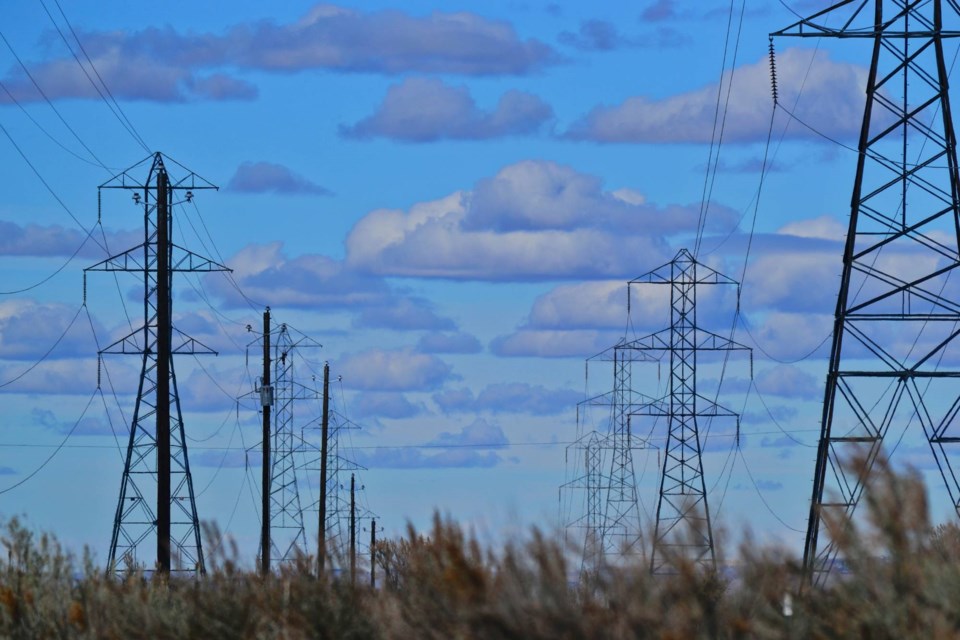The City of Timmins is energizing a local group's bid for a transmission line.
The city is supporting the Wabun Tribal Council's bid to the Ontario Ministry of Energy for the proposed Wawa to Porcupine Transmission Line.
Wabun Tribal Council has a 50-50 partnership with Ontario Hydro for its bid. A decision on who is awarded the project is expected this spring.
The 260-kilometre transmission line would run from the Wawa Transfer Station south of the township to the Porcupine Transfer Station in the Timmins area.
Wabun Tribal Council represents six Treaty 9 First Nations in Northern Ontario, and five of them – Mattagami, Brunswick House, Matachewan, Flying Post, and Chapleau Ojibwe — are involved in this bid.
The group recently met with Timmins Mayor Michelle Boileau. In an April 8 letter, the municipality officially put its support behind the bid.
Wabun Tribal Council executive director Jason Batise is grateful for the boost
"We know that the City values our made-in-Ontario proposal which prioritizes the long-term needs of local people and communities. From environmental stewardship to maximizing local employment and supply chain opportunities, our partnership with Hydro One will enable new, affordable, and sustainable energy capacity for the northeast. We look forward to working closely with the City of Timmins and other municipalities should we be selected as the proponent of choice by the Ministry of Energy," he said in a news release.
Highlights of the proposal, according to Wabun Tribal Council, are:
- Net-zero greenfield infrastructure development
- Minimizing potential impacts to the natural environment and Indigenous cultural heritage through active First Nation participation in project planning, decision making and construction
- Growing economic opportunities through training, employment, and procurement
- Building socio-economic capacity in Indigenous communities
- Generating new, own-source revenues for proximate First Nations through the Hydro One 50 per cent First Nation Equity Partnership Model.
Another First Nation coalition has also submitted a bid for the transmission line.
Taykwa Tagamou Nation, Michipicoten First Nation, Chapleau Cree First Nation, and Missanabie Cree First Nation have created the Transmission Infrastructure Partnerships 9 (TIP-9 coalition). They've partnered with Ameren, a Fortune-500 company based out of St. Louis, Missouri.
